جدیدترین سوالات اسپیکینگ آیلتس Part 3
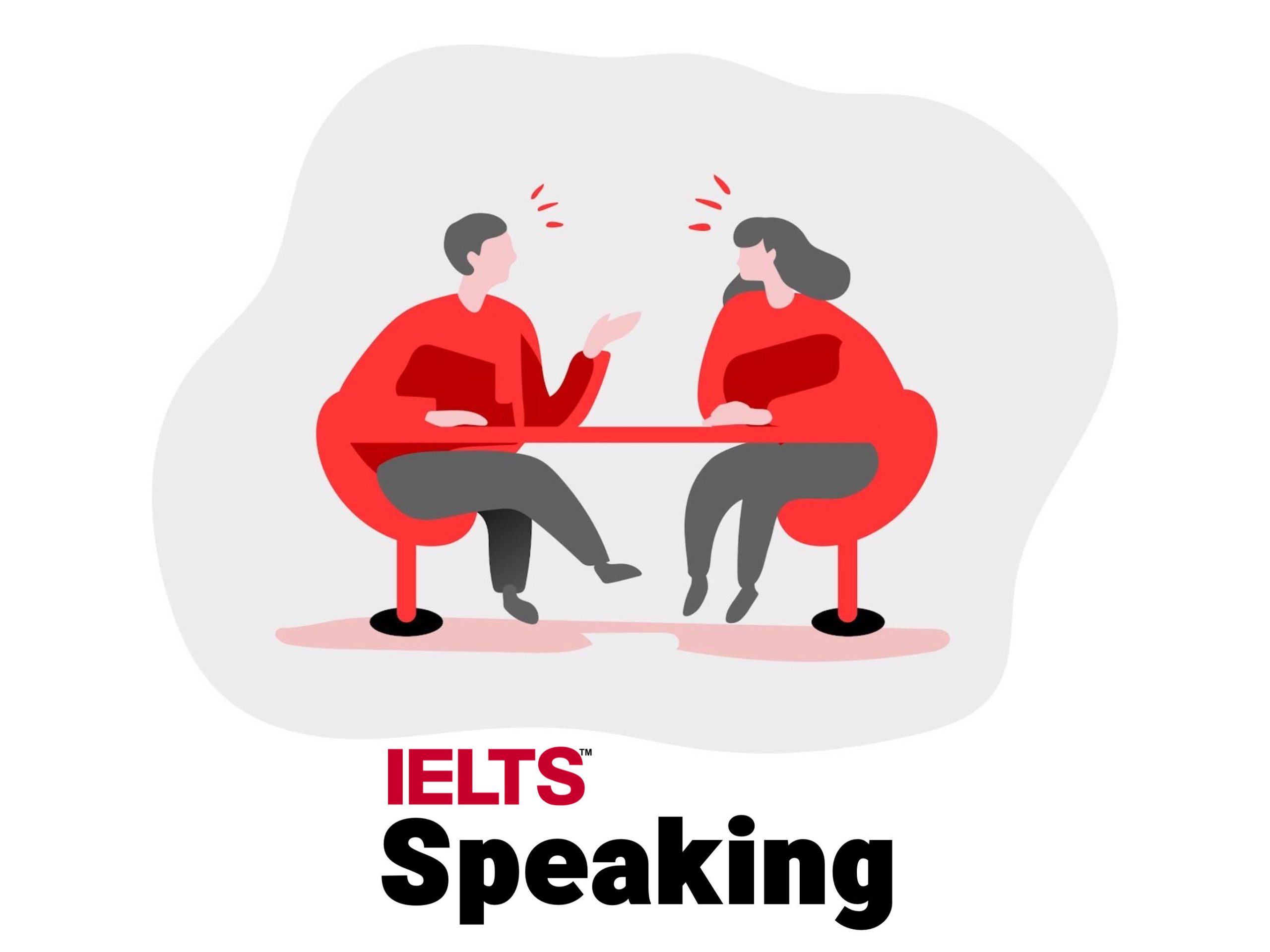
Part 3
What does human beauty mean to you?
Do you think the idea of human beauty now differs from the past?
Do you think there are more beautiful things now than in the past? Why?
What beautiful scenery spots are there in your country?
Where do you think people usually come into contact with beautiful things?
Why do you think people create beautiful things?

Part 3
Why do people rarely use cash now?
Do you think it is helpful to give money as gifts?
When do children begin to comprehend the value of money?
Should parents reward children with money?
Is it good and necessary to teach children to save money?

Part 3
Do people in your country like to take public transport?
Why do some people like a slow-paced life?
Is being patient good for people? Why?
Are people less patient now than people in the past? Why?
Part 3
Do you think it is important to be on time?
Why do people miss important events?
Are you a punctual person?
Are people in your country often late for meetings?
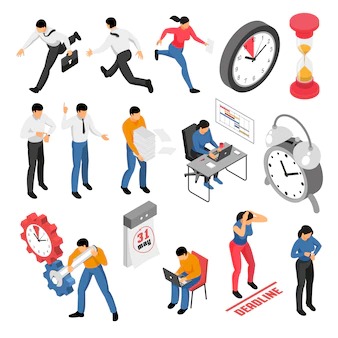
Part 3
Why do people sometimes go to other cities or other countries to travel?
Why do places with historical sites develop the tourism industry more actively?
Do you think tourists may come across bad things in other cities?
Do most people like planning travel?

Part 3
What types of noise do you come across in daily life?
Which is exposed to more noise, the city or the countryside?
Should children not be allowed to make noise under any circumstances?
How can people consider others’ feelings when chatting in public?
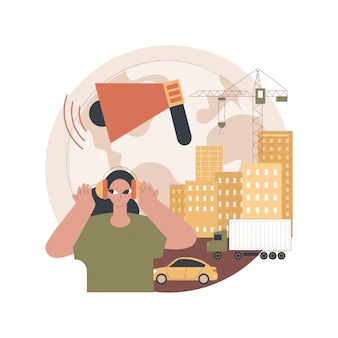
Part 3
Do you still keep in touch with your friends from childhood? Why?
How does modern technology influence friendship?
How important is childhood friendship to children?
What do you think of online social media?
Do you think online social media will replace face-to-face communication?
Why do people lose contact with their friends after graduation?
Part 3
Why do people learn foreign languages?
What makes a good foreign language teacher?
Do you think grammar is important when learning foreign languages?
Is it interesting to be a foreign language teacher? Why?
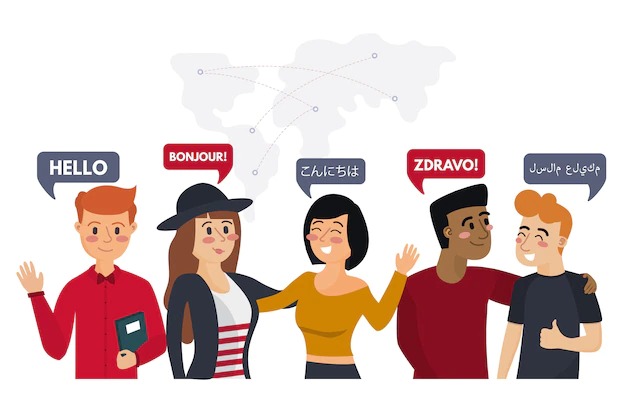
Part 3
In what ways can children learn history?
What are the differences between learning history from books and videos?
Who should be responsible for protecting historic buildings?
Should every know history?
Part 3
Is it important to have a break during work or study?
Are there more activities for young people now than 20 years ago?
Do adults and children have enough time for leisure activities nowadays?
What sports do young people like to do now?
Part 3
Where do people usually watch movies?
What are the differences between watching movies at home and in a cinema?
Are actors or actresses important to movies? Why?
Why are there fewer people going to the cinema to watch movies nowadays?
Part 3
What are the advantages of children having a routine at school?
How do people’s routines differ on weekdays and weekends?
What are the differences between people’s daily routines now and in the last 15 years?
Should children have learning routines?
Part 3
Are there many people growing their vegetables now?
Do you think it is good to let kids learn how to plant?
What do you think of the job of a farmer?
What are the differences between traditional and modern agriculture?
Part 3
What practical skills can young people teach old people?
Do you think “showing” is better than “telling” in education?
Do people in your country like to watch videos to learn something?
How can we know what to do when we want to learn something new?
Why do older people have problems learning new things?
Part 3
Do you think we should use plastic products?
How can we reduce our use of plastic?
What kinds of plastic waste are often seen in your country?
Why do people like to use plastic products?
Part 3
Should children choose their desk mates?
Why should children be kind to their classmates?
What matters most about a colleague’s personality?
What kind of people are popular at work?
Part 3
How can we get to know people from different cultures better?
What are the advantages and disadvantages of cultural diversity?
How can traditional culture and other cultures coexist?
Part 3
Is it easy for old people and young people to make friends with each other?
Do you think old people and young people can have common interests?
What can old people teach young people?
Part 3
What programs do people like to watch in your country?
Do people in your country like to watch foreign TV programs?
What is the benefit of letting kids watch animal videos than visiting zoos?
Do teachers play videos in class in your country?
Part 3
How do you get along with your neighbors?
Do you think neighbors help each other more often in the countryside than in the city?
How do children learn to cooperate?
Do you think cooperation is important in workplaces?
رای دسترسی به اطلاعات بیشتر میتوانید به سایت مرجع www.idp.com مراجعه کنید.
برای دسترسی به اطلاعات تکمیلی به سایت مرجع https://takeielts.britishcouncil.org مراجعه کنید.
برای دسترسی به اطلاعات بیشتر و نحوه ی آمادگی برای آزمون اسپیکینگ به سایت مرجع https://www.ielts.org https://www.ielts.org مراجعه کنید.
دسترسی به جدیدترین سوالات اسپیکینگ Part 1
دسترسی به جدیدترین سوالات اسپیکینگ Part 2


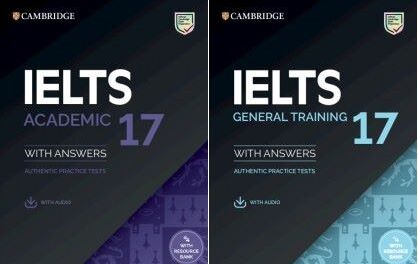
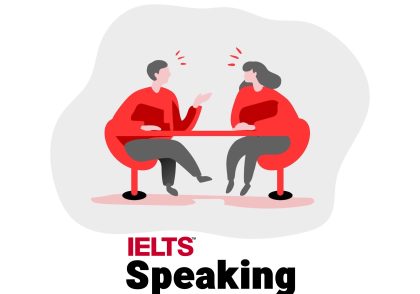

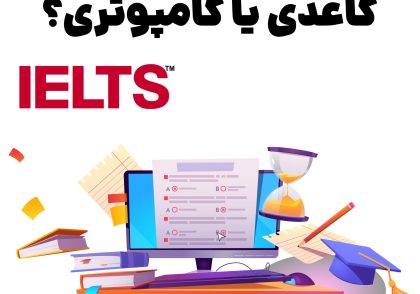
دیدگاهتان را بنویسید